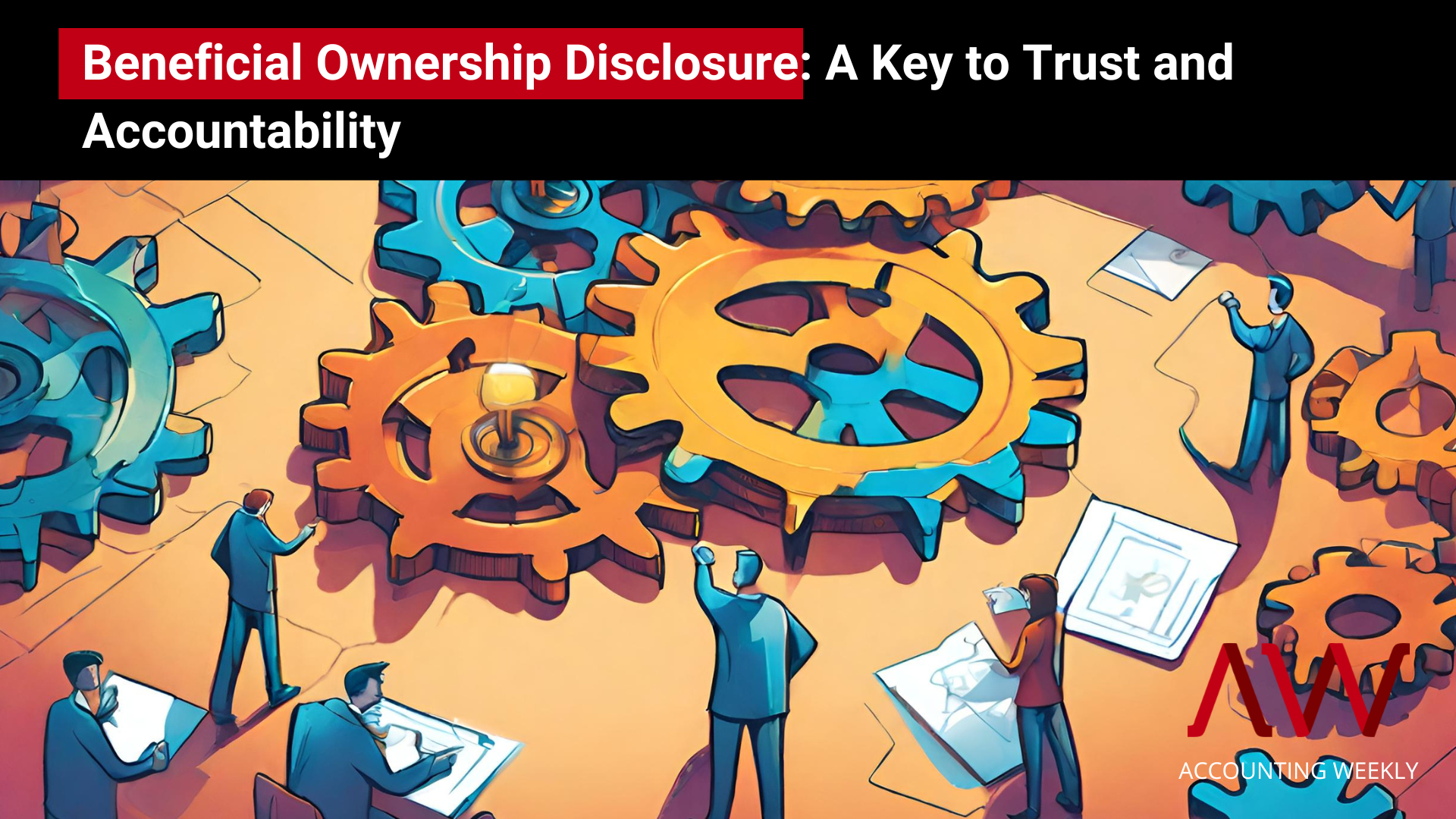Beneficial Ownership Disclosure: A key to trust and accountability
To address its greylisting status, South Africa has taken steps to align its regulatory framework with international standards for combating money laundering and terrorism financing. Significant changes were introduced to the Trust Property Control Act and the Companies Act through the General Laws (Anti Money-Laundering and Combating Terrorism Financing) Amendment Act. In line with these new requirements, profit and nonprofit companies, close corporations, and trusts must report on their beneficial owners. As simple as this may sound, it can get quite complicated in practice.
Who are beneficial owners?
Beneficial ownership reveals who truly owns or controls a company or trust. This helps prevent shady dealings and financial crimes. Knowing who's behind a business ensures transparency, fights fraud, and builds trust. Accountants must be alert to this requirement and ensure their clients are aware and comply.
Who are the regulators responsible?
In South Africa, two regulators oversee the collection of beneficial ownership information:
The CIPC collects information from companies.
The Master of the High Court oversees trusts and their ownership details.
Who has the right to access the information?
Beneficial ownership info isn't public to protect privacy. However, it is a crucial source of information for authorities and law enforcers to be used for investigations or to ensure everyone's playing by the rules.
What Do Companies and Trusts Need to Do?
Companies must keep records of who owns at least 5% of it, has significant control, or holds many voting rights. As per guidance, detailed information for each beneficial owner should be included in the register and kept up to date with relevant changes. The information is then submitted via the CIPC Bizportal following the Step-by-Step User Guide.
Trusts, even if they seem complex must also report their beneficial owners. Trustees should keep records of beneficiaries and relevant individuals in a format the Master provides. Authorised users can click here to learn more and access the online platform.
Don't Miss the Deadlines
Although we have not heard of penalties being issued, legislative provisions are in place and no doubt will be applied in future.
New companies and trusts must provide this information at inception.
Existing companies need to upload beneficial ownership information on the CIPC platform in line with their annual report submission deadlines.
Trusts are required to provide beneficial ownership information as of 23 April 2023.
Why is compliance crucial for South Africa?
Knowing and following the rules for beneficial ownership reporting is vital for businesses in South Africa. It keeps things transparent, fights financial crimes, and finally shows our government’s commitment to ethical conduct to build investors' trust.
Accountants and their clients must work towards meeting deadlines, follow the rules, and contribute to a cleaner, more trustworthy business environment.






